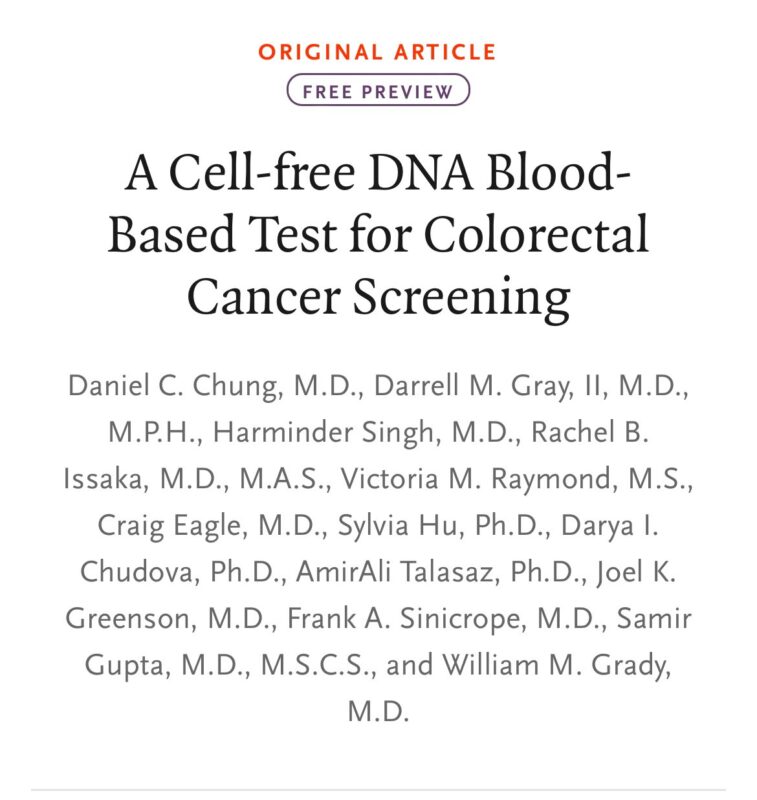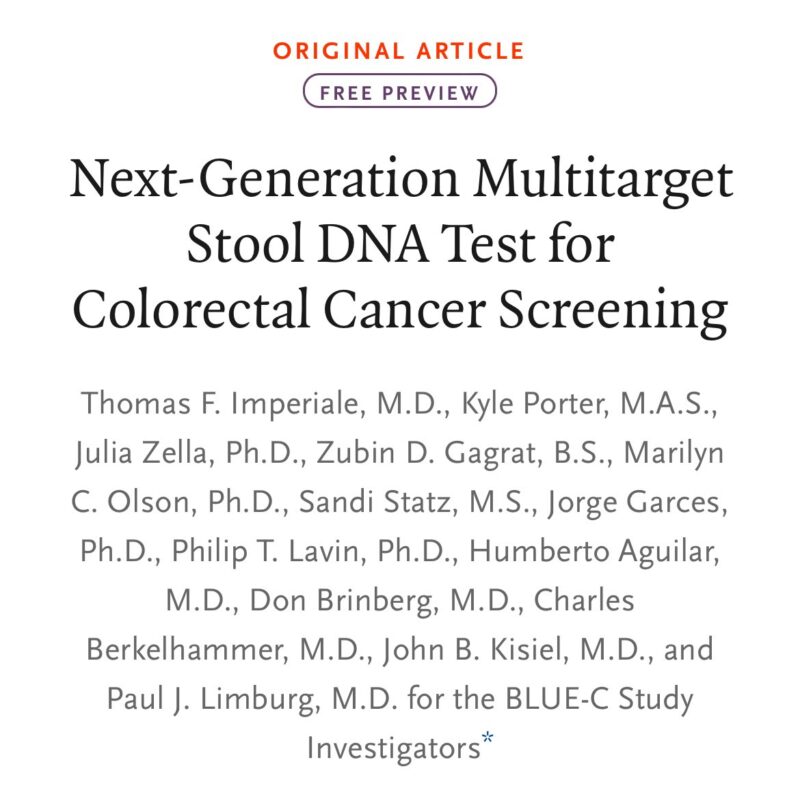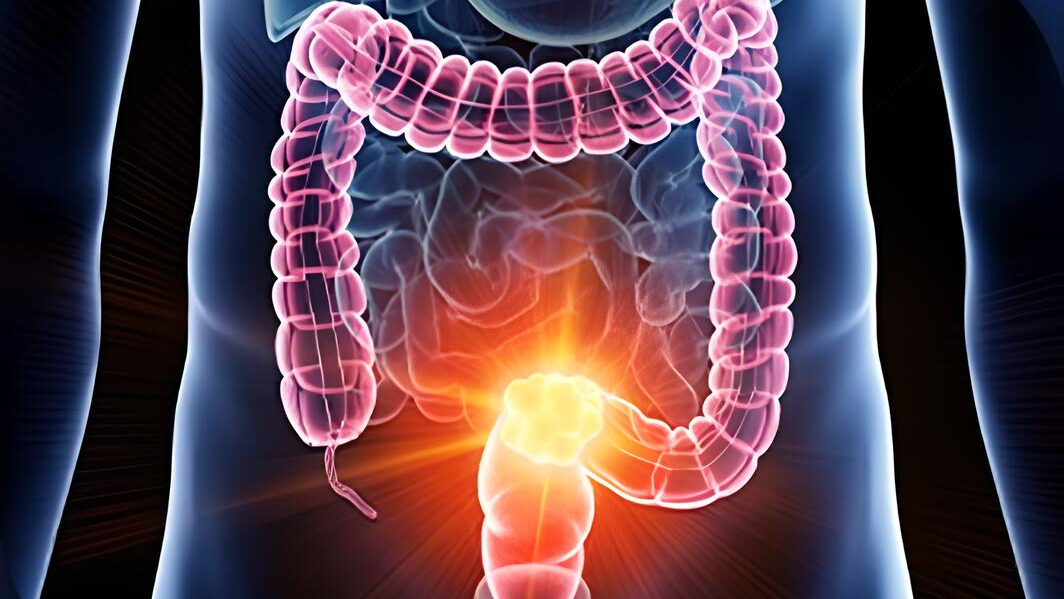Anirban Maitra shared on X:
“Based on the ECLIPSE trial, U.S. FDA today approved the Guardant SHIELD blood test for Colorectal Cancer. Matthew Herper in STAT
See ECLIPSE data and why individuals undergoing this assay should clearly understand – this is NOT a test for CRC PREVENTION (it has very low sensitivity for adenomas, including adenomas with high grade dysplasia, where sensitivity is in the low teens). SHIELD is at best a test for DETECTION of CRC, and even in this setting, half to a third of Stage 1 cancers might be missed. The full details are on this document that detail the FDA approval label accompanying SHIELD.
Two studies in NEJM on non-invasive detection of Colorectal Cancer
1: Blood based cfDNA assay
2: Stool based multi target DNA test.
Sensitivity for ALL CANCER
Dx: cfDNA: ~83%;
Stool: ~94%
Sensitivity for STAGE 1 cancer
Dx: cfDNA: ~65%;
Stool: ~85%
Sensitivity for advanced adenomas (polyps >10mm in size, villous adenomas, high grade dysplasia):
cfDNA: ~13% (no significant difference listed for HGD);
Stool: ~43% (~75% for HGD)
Specificity for actionable lesions:
cfDNA: ~90%;
Stool: ~91%
False positive rates:
cfDNA: ~10%;
Stool: ~ 8%
Positive predictive value for cancer in average risk population:
cfDNA: 3.2%;
Stool: 3.4%
Overall, the single most important difference lies in greater sensitivity of the stool based assay over cfDNA based assay for detection of early stage cancers and advanced adenomas (in particular, presence of HGD).
As a GI pathologist, we would note the presence of HGD in polyps and not want to miss these changes. The differences between the two assays is in some respects not a surprise since the blood test requires shed DNA to enter the circulation (which is less proportionate with non-invasive or early lesions), versus being shed in the stool.
In general, biospecimens obtained at sites most proximal to the source of the lesion tend to be more sensitive (this is also seen with pancreatic cyst fluid versus blood for cystic neoplasms).
Overall, ANY non invasive test is better than no testing for Colorectal Cancer but these nuances in sensitivity for early stage and advanced precancers should be kept in mind. COI: I am listed as an inventor on a patent that is licensed by Johns Hopkins to Thrive Earlier Detection (now an Exact Sciences company). Different assay and different cancer (pancreatic cancer) but important to disclose. ”


Source: Anirban Maitra/X
Dr. Anirban Maitra serves as Professor of Pathology and Translational Molecular Pathology at UT MD Anderson Cancer Center since August 2013, and directs the Sheikh Ahmed Pancreatic Cancer Research Center.
He leads an NCI-funded laboratory dedicated to pancreatic cancer research, focusing on genetics and molecular pathology in human and mouse models. His research aims to advance early detection and interception strategies to enhance patient survival rates in pancreatic cancer.
